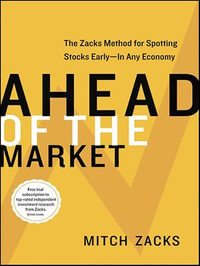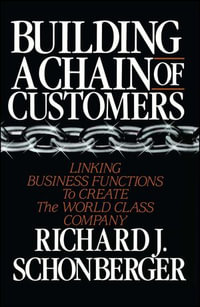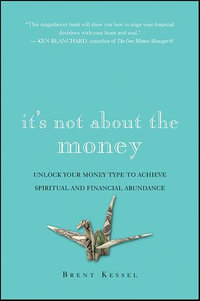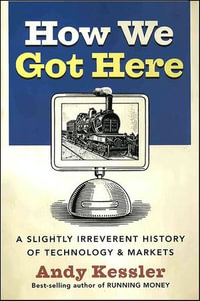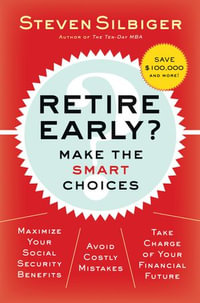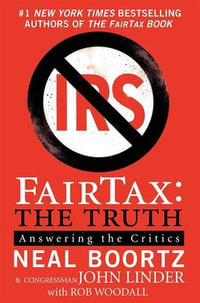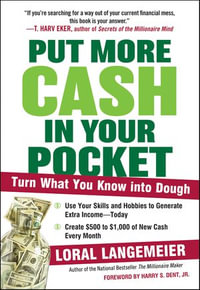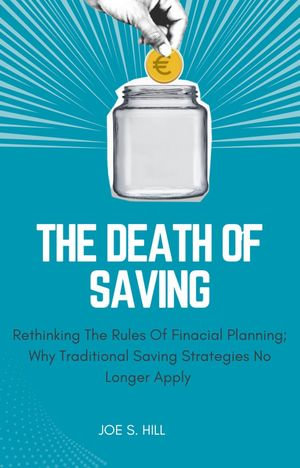
The Death Of Saving; Rethinking The Rules Of Financial Planning; Why Traditional Saving Strategies No Longer Apply
By: JOE S. HILL
eBook | 20 January 2025
At a Glance
eBook
$20.99
Instant Digital Delivery to your Booktopia Reader App
Read on
Money has a way of slipping through fingers. It doesn't sit tight anymore. The old, reliable wisdom of saving—tucking cash away for a rainy day, watching it grow with patience and persistence—that's been crushed by a changing world. Time was, you could stash your dollars in the bank, and they'd work for you. Today? Those dollars are sitting ducks, eaten alive by inflation, fees, and stagnating interest rates. The rules are broken, folks. What worked yesterday—it's outdated.
You used to hear it all the time. Save 10%, save 20%, save whatever you can. But what's saving even mean anymore? The "safe" approach has lost its shine. You're left wondering if you're throwing good money after bad, keeping it parked in accounts that bleed value while the cost of everything else skyrockets. Groceries, gas, housing—everyday needs becoming extraordinary burdens. Yet people are still told to save like it's the answer. It's not. Not anymore.
The game's changed, plain and simple. Markets move faster, opportunities flare up and disappear overnight, and risks hide behind every headline. The advice—put your money in a box, let it sit, check back in 30 years—that's a fantasy. It might have made sense in simpler times, when economies grew steadily and the cost of living wasn't in a sprint to the moon. But now? Saving like that is a trap, a siren song that lures people into complacency while reality smashes their plans.
Look at interest rates. The foundation of the old saving strategy. Low, lower, lowest. For years, banks have dangled paltry returns, barely keeping pace with inflation, if at all. Savings accounts, CDs, even bonds—once the bedrock of financial planning—now feel like relics of a bygone era. Meanwhile, inflation roars like a wildfire, eating away at the value of every penny you've worked to save. It's a losing battle, fought with yesterday's weapons.
And what about housing? A cornerstone of wealth-building for generations. The dream of home ownership—owning a piece of land, something tangible, something permanent—is slipping out of reach for many. Prices skyrocket while wages crawl. Mortgages turn into lifetime commitments, a weight that drags on ambition and flexibility. Yet, for years, the advice has stayed the same. Save for the down payment, lock in your future. The math doesn't add up anymore.
College costs are another beast altogether. Once an investment, now a financial black hole for many families. Save for tuition, they said, and you'll pave the way to prosperity. But the costs ballooned, leaving savings plans in the dust. Parents who saved diligently find their efforts dwarfed by the sheer magnitude of tuition, fees, and expenses. And for students? The weight of loans crushes potential before it's had a chance to take off.
Read on
ISBN: 9798227673466
Published: 20th January 2025
Format: ePUB
Language: English
Publisher: ?JOE S. HILL

